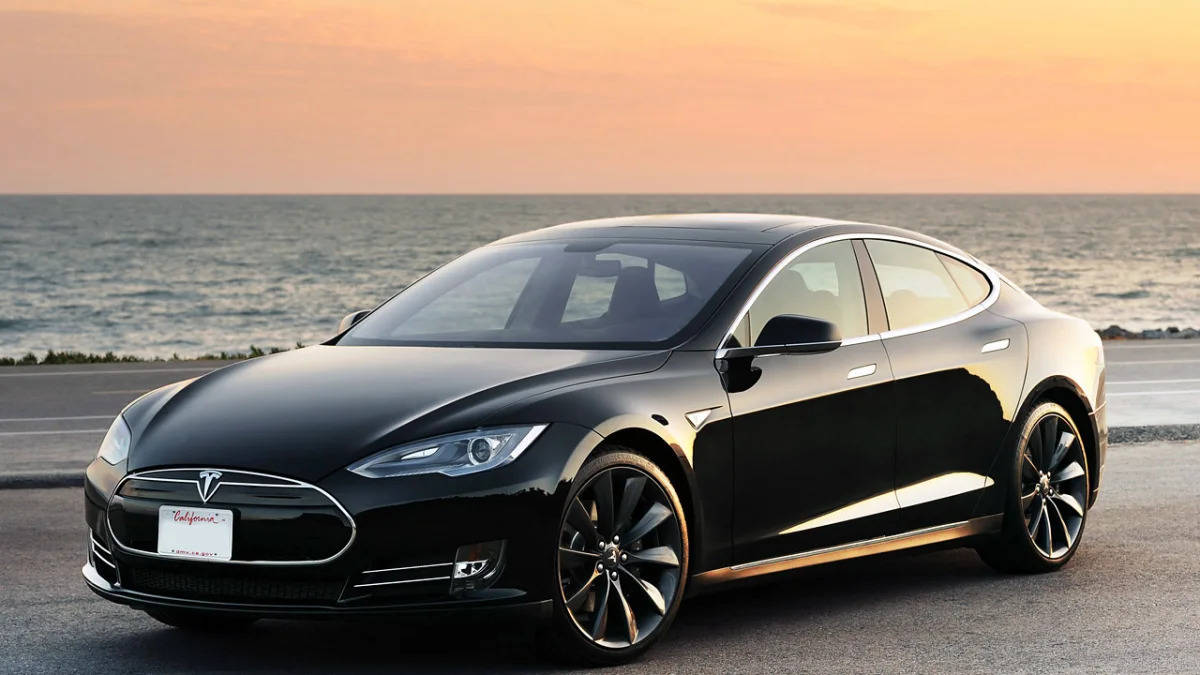Like iPhone acolytes reading Apple patents for clues to future tech, it's possible to look at the job posting from Tesla Motors to get a clue about next-gen models. That's what our friend David Herron did over at Torque News when he discovered more details on the automaker possibly building self-driving electric vehicles. Musk has been talking about self-driving cars since at least May, when he said he prefers the term "autopilot." More recently, Musk told Financial News that his company hopes to have autopilot technology in its cars in three years.
The official job listing – one of them, at least – says Tesla is looking for a radar hardware engineer who, "has 3-10 years of design and release responsibility on sensors (Radar, Cameras, Lidar, and Ultrasound)/active safety systems. This engineer will be responsible for translating Tesla's autopilot roadmap into active safety features and into requirements. The engineer will actively drive the features into production and evaluate future technologies." Interesting choice of verb, there, don't you think?
That's way sooner than other companies are talking. Google is testing robot drivers and figures the technology could be ready in three-to-five years if the legal hurdles can be overcome, but of course the search company doesn't build cars. Nissan has promised autonomous vehicles by 2020 and other automakers agree with the end of the decade timeline. The trick to Tesla's autopilot system is that it doesn't really result in an autonomous car. Instead, according to Reuters, the Tesla system would handle 90 percent of the driving, leaving the human driver there to, what exactly? Pay attention to the road 100 percent of the time for the 10 percent of the time she needs to do something? To us, a 90-percent self-driving car sounds more like an incredibly safe one, but not one with autopilot. Musk told the Financial Times that fully autonomous cars will take longer than three short years.The trick to Tesla's system is that it doesn't really result in an autonomous car.
The official job listing – one of them, at least – says Tesla is looking for a radar hardware engineer who, "has 3-10 years of design and release responsibility on sensors (Radar, Cameras, Lidar, and Ultrasound)/active safety systems. This engineer will be responsible for translating Tesla's autopilot roadmap into active safety features and into requirements. The engineer will actively drive the features into production and evaluate future technologies." Interesting choice of verb, there, don't you think?










Sign in to post
Please sign in to leave a comment.
Continue